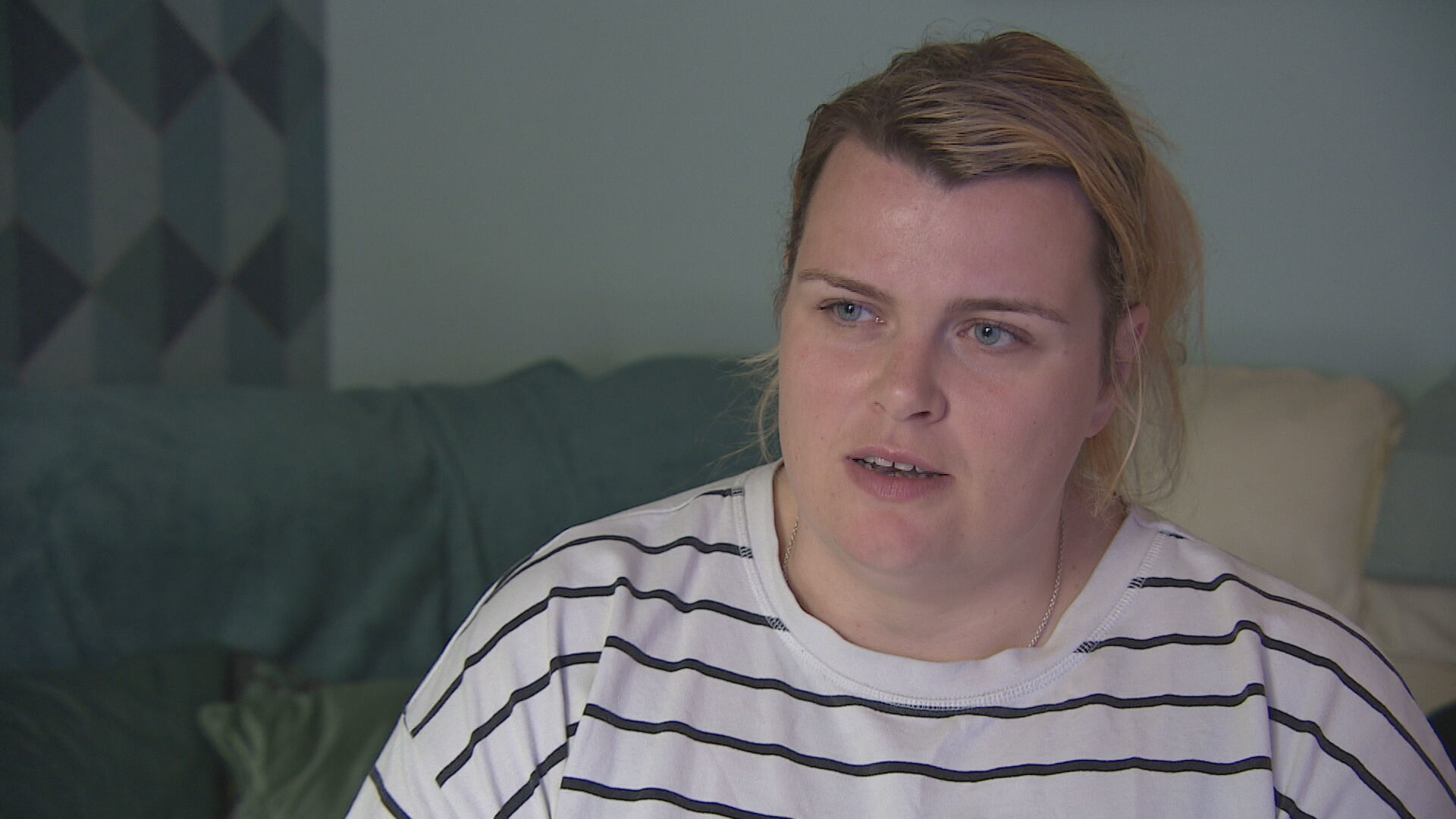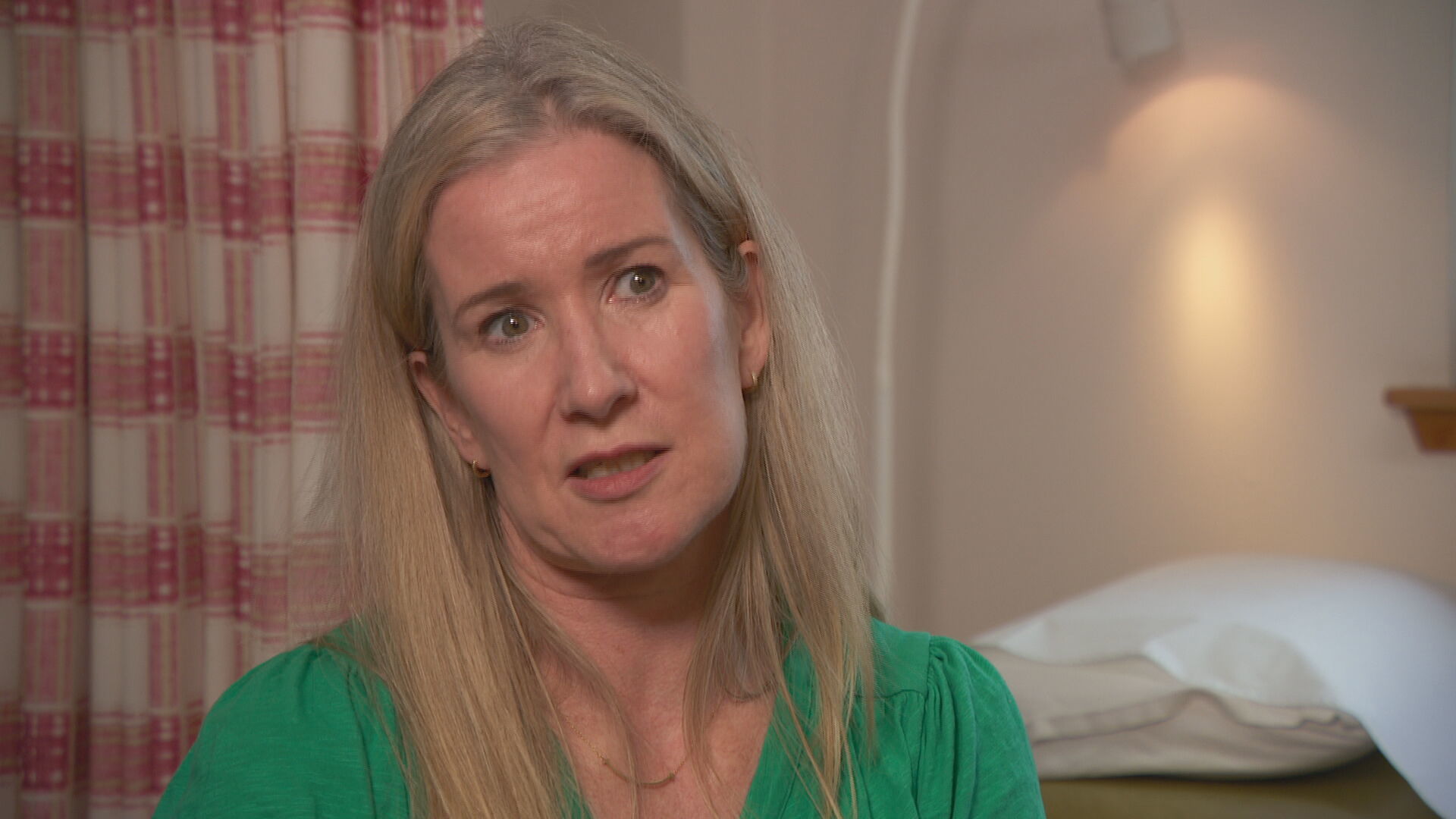Zander Rennie has taken life-saving medication for his epilepsy since he was four years old.
It has helped reduce his seizures so that he can lead a more normal life.
But his parents Gillian Thomson and Scott Rennie have recently struggled to track down the medication Tegretol that controls Zander’s epileptic seizures.
They have travelled for miles to find the medication but fear a nationwide drugs shortage could have fatal consequences.
 STV News
STV NewsMs Thomson, from Dunfermline in Fife, said: “What could happen if he doesn’t have it is really quite scary – SUDEP (sudden unexpected death in epilepsy), one of the things that causes that is stopping your medication.
“One of the fears for us watching him at night time is checking that he’s still breathing. We need that medication – it’s life-saving.”
Mr Rennie added: “We got told when we were literally down to the last two days’ worth of medication that the pharmacy couldn’t get it. For something that is so necessary for somebody to have it’s just beyond belief in today’s age.”
As well as epilepsy, medicines for people with cystic fibrosis, ADHD, diabetes and hormone replacement therapy have also been affected in recent months.
Reasons for the supply issues vary but include manufacturing or distribution problems, along with increased demand for medicines.
In Scotland, GPs and pharmacists are now having to spend hours tracking down supplies or working out substitutes – when more time and expertise could be spent directly with patients.
Dr Lindsey Pope, a GP in Inverclyde, said: “It’s concerning because it impacts both on the patients but also on the relationships between everybody in those systems.
 STV News
STV News“Sometimes it’s just the extra stress of having to come back to the practice and telling us they couldn’t get medication and asking ‘what else can we give instead?'”
The Scottish Government says it’s engaging with Westminster on the issue – and insists the NHS has robust systems in place to manage shortages as they arise.
But experts say more can be done.
Lesslie Young, CEO of Epilepsy Scotland, said: “It’s incumbent on the pharmaceutical companies, it’s equally incumbent on the government to make sure there’s a stockpile of all these lifesaving medications now and going forward.”
The Rennies care little about the reasons why some medicines are in short supply.
They just need to know Zander, now aged six, will be able to get the drugs he urgently needs.
Public Health Minister Jenni Minto said: “It is unacceptable for people to be travelling the country trying to access their prescribed medicine.
“We expect community pharmacists, general practitioners and specialist services to work together where there are supply problems, for example by trying to identify a pharmacy with the medicine in stock or offer an equivalent medicine, where practicable, and not leave people to source the medicine themselves.
“Current global shortages are caused by a combination of manufacturing issues and an increase in demand and the Scottish Government is continuing to engage with the UK Government on this matter, as medicine supply is a reserved issue.
“The NHS has robust systems in place to manage medicine shortages when they arise and anyone affected by this should speak to their doctor or pharmacist in the first instance.”
Follow STV News on WhatsApp
Scan the QR code on your mobile device for all the latest news from around the country





























